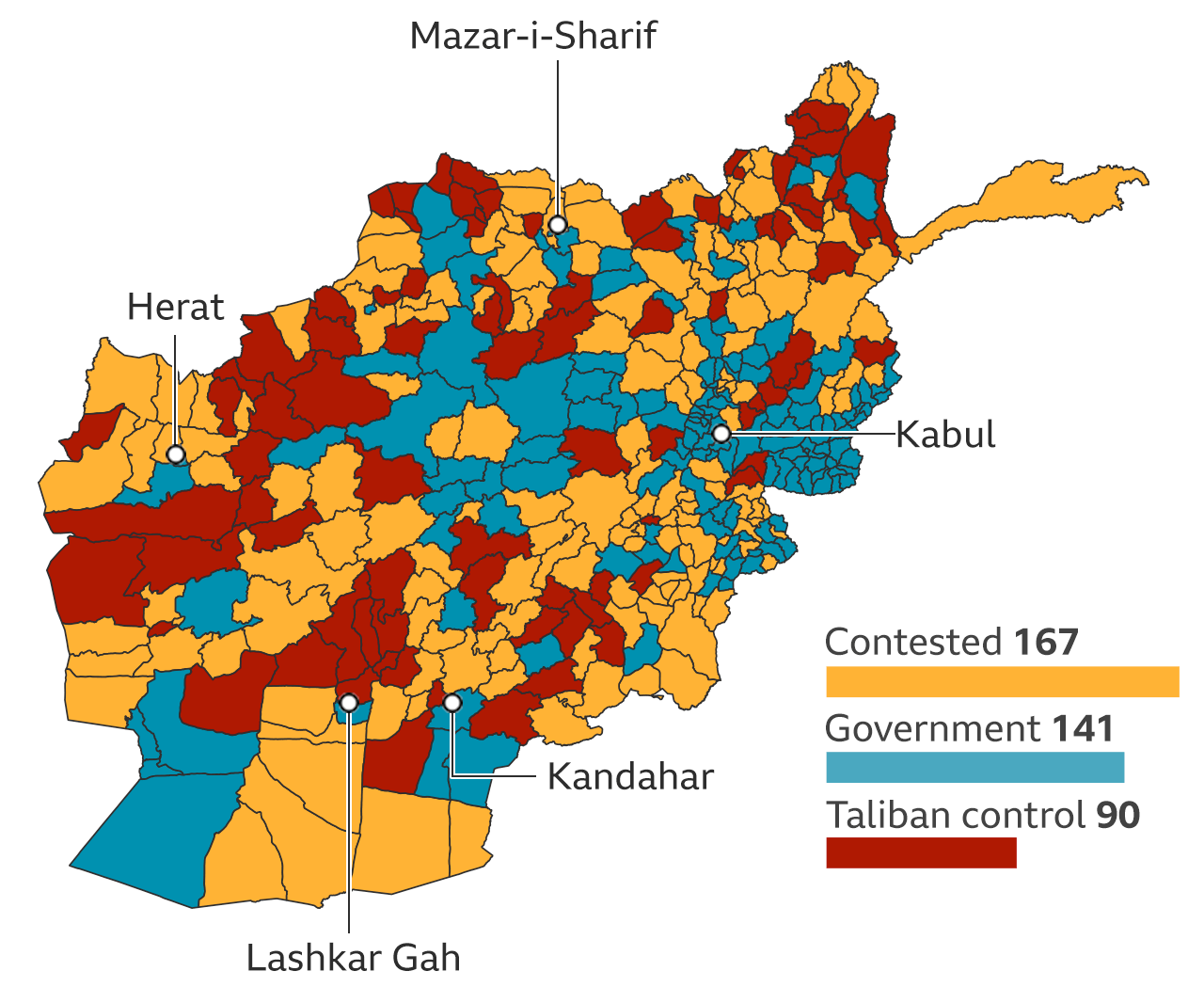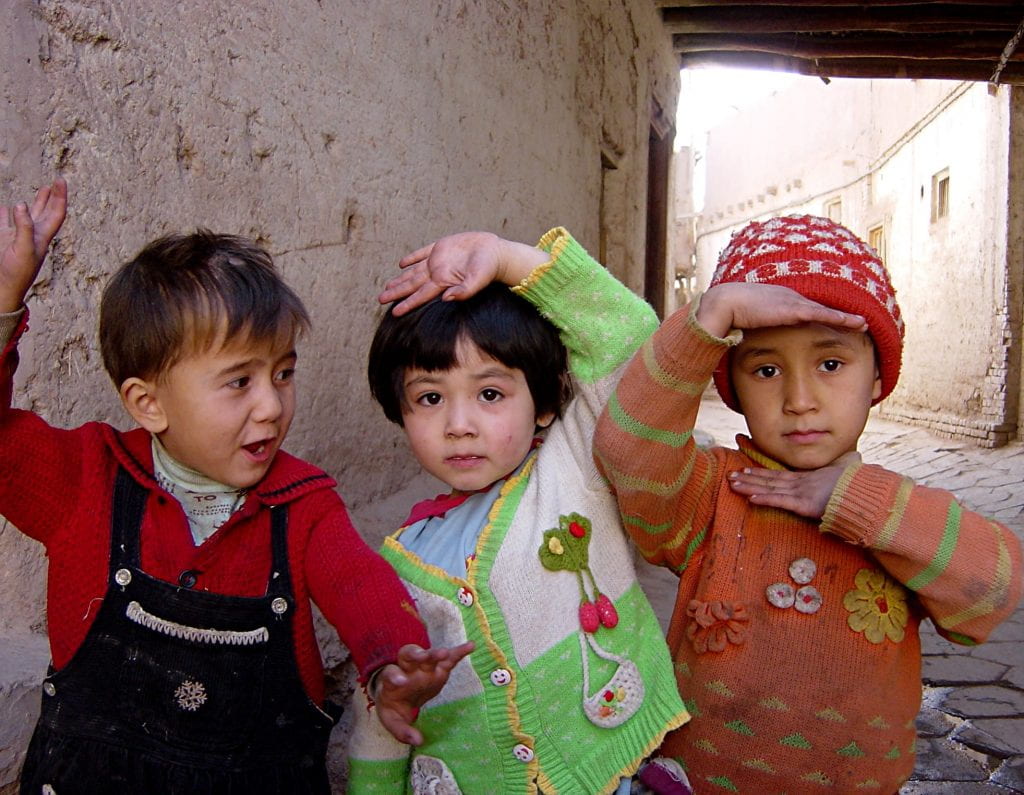Kabul Airport Remains Closed to International Flights
Major work still needs to be done before Kabul’s Hamid Karzai International Airport can meet international aviation safety standards and accommodate foreign airlines once more. After the Taliban seized control of Afghanistan in mid-August 2021, customs, immigration, and sanitation workers stopped reporting for duty at the airport. Heaps of garbage accumulated on the tarmac, rendering it unsafe for aircraft operations. Pakistan International Airlines (PIA), the only international carrier still operating routes to Kabul, was forced to temporarily suspend all flights to and from the city. No foreign airlines wish to utilize Afghan airspace until the airport’s facilities and management can demonstrate safe, orderly operations once more.

Domestic Afghan Airlines Struggle Under New Leadership
With international flights barred from landing in Kabul, Afghanistan’s domestic aviation sector now faces an uncertain future. Carriers like Ariana Afghan Airlines, Kam Air, and East Horizon Airline solely serve routes within the country. However, they too must contend with disruptions to staff and changes in leadership brought by the Taliban takeover. Customs officials, traffic controllers, and other essential airport personnel have either fled the capital or gone into hiding. Negotiations are ongoing between the Taliban and existing airline management over rules and regulations. Until a stable political and economic environment emerges, Afghan carriers may find operations increasingly difficult to sustain.
The World’s Hands are Tied Regarding Afghanistan’s Future
While the Taliban’s return to power in Afghanistan is an unsettling development, other nations have limited options to directly alter the situation. The former Afghan military and police surrendered cities with hardly a fight against the militant group’s advancing forces. Without a resistance movement from within the country, no external intervention can ensure a democratic system replaces the Taliban’s harsh interpretation of Sharia law. Some argue it is now up to ordinary Afghans themselves to determine their political fate, though they face immense danger under the new rulers. For now, concerned parties can only appeal to the Taliban leadership to uphold basic human rights and refrain from violence as they govern the weary nation.
An Uncertain Road Ahead for Women and Minority Groups
During the Taliban’s previous rule from 1996 to 2001, Afghan women experienced severe restrictions on education, employment, and participation in public life. They were effectively invisible, only leaving their homes when necessary and covered from head to toe. The militant group also carried out massacres against Afghanistan’s Shia Hazara minority. It remains to be seen whether the new generation of Taliban commanders will be more moderate and tolerant compared to their predecessors. Many Afghan women and Shias now live in constant fear of losing the relative freedoms gained in the past two decades. Their future highly depends on whether the international community can use diplomatic pressure and economic incentives to impact Taliban policies on these vulnerable populations.
Afghanistan Isolated From Global Trade and Investment
With no foreign embassies or international organizations present in Afghanistan currently, the country finds itself disconnected from global commerce, development aid, and political recognition. Prior to the Taliban takeover, Kabul received billions of dollars annually from the US, EU, and other partners to rebuild infrastructure, health, education, and other critical sectors. This financial lifeline has now ended. An agriculture-based economy can only sustain Afghanistan to a certain point. Unless diplomatic relations are established, lengthy international sanctions will cripple what’s left of the economy and trap many Afghans in destitution and poverty. The Taliban must prove themselves responsible partners on the world stage if they hope to reverse Afghanistan’s isolation.
An Uncertain Peace Under a New Leadership
For all their tactical successes, the Taliban leadership now shoulders the immense responsibility of governance. They pledge to restore security and law and order to a population exhausted by decades of conflict. However, suppressing dissenting voices through violence and oppression will only breed further instability. Successful nations are built on principles of inclusivity, justice, and respect for basic rights - values starkly different from the Taliban’s ideological foundations. It remains uncertain if the group can transition from an insurgency to a administration capable of maintaining domestic peace and winning international recognition. Much rides on whether moderate voices within the Taliban can influence policies of the hardliners. Afghans will be watching closely as their future unfolds under the uncertain peace of new leadership.

 The Most Plausible Origins of HIV/AIDS
The Most Plausible Origins of HIV/AIDS